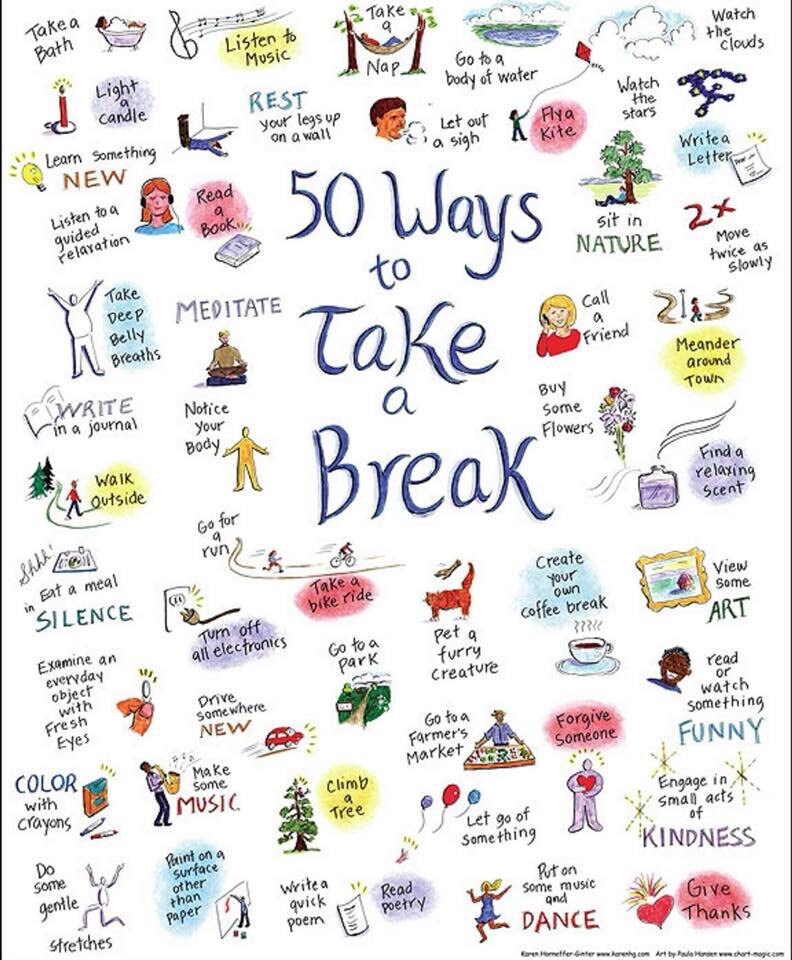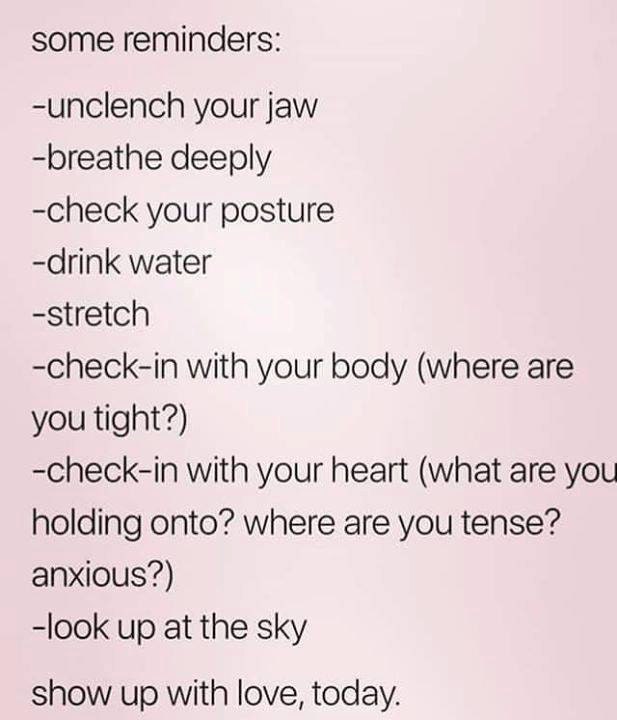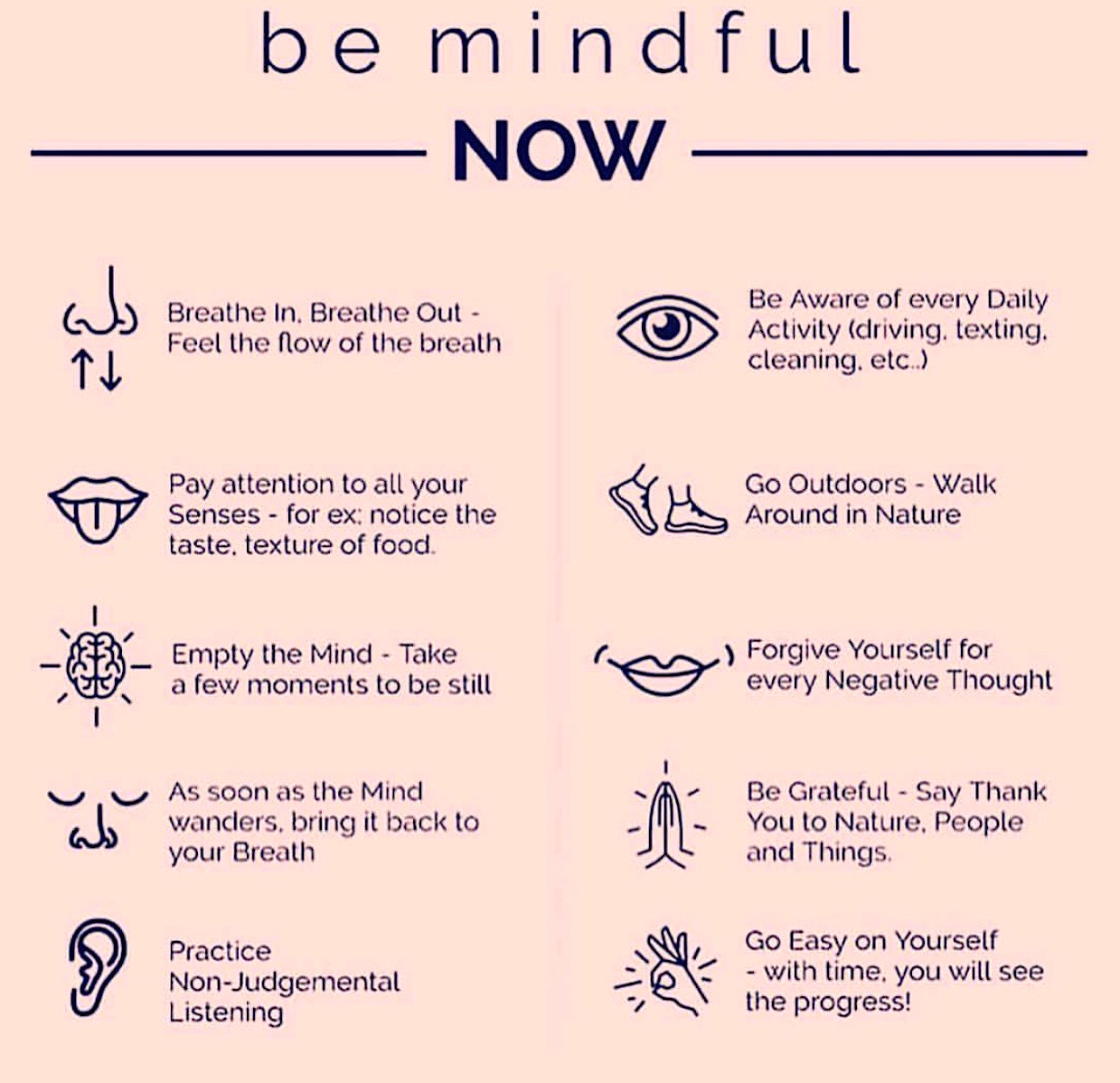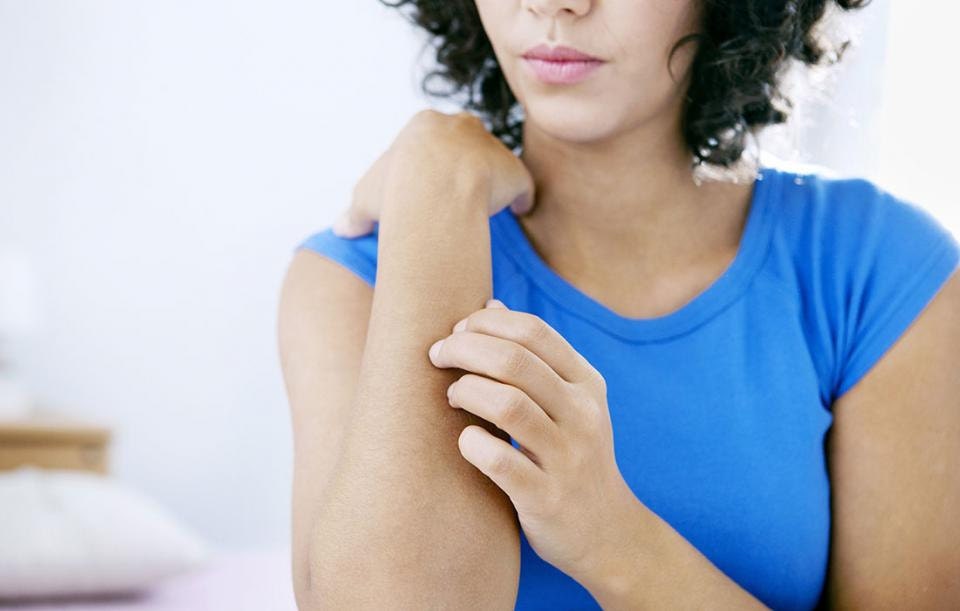-
Mon, Mar 18, 2019

-
Mon, Mar 11, 2019

Can you “feel” energy? It’s not a superpower reserved only for a select few. Everyone can do it! In fact you’ve probably done it before, but may not have known.
Recall if you’ve ever had the uncomfortable feeling that you were being watched. Did you ever turn to confirm someone was actually staring at you? Have you ever walked into a room or building and something just felt “off” and didn’t know why? Has the thought of a friend or family member popped into your mind and just a few minutes later they called or texted? These are only few everyday examples of how we interact with energy every day.
Energy needs to be in motion. When it’s slowed or stuck, we begin to notice it subconsciously. Stuck energy needs to naturally flow to be in balance.
Is there a room in your house you don’t enjoy? Maybe the laundry, garage, a seldom-used bedroom? Is there clutter? Is it bright and cheery or is it dimly lit without good, fresh air flow? If you said yes to any of these, the chances are there its because of stuck energy.
-
Sat, Mar 9, 2019

-
Tue, Mar 5, 2019

Self care is trendy, I know.... But for me, self-care goes way beyond articles about long baths, pedicures or relaxing with a glass of wine. Don't get me wrong- those are all wonderful! But shouldn't there be something... more?
Below are a few ideas for self-care that I've used in actual real life, and hope these inspire you too.
1. Use your commute to and from work to listen and learn. Download a podcast (or audiobook) that sparks an interest. It will make your commute way more tolerable! Maybe you’ll find something new! Perhaps a topic or hobby you’ve always wanted to know about and haven’t gotten around to.
2. Pay for day-to-day items in cash. Nothing will tell you how much money you spend faster than seeing actual money in your wallet magically disappear.
3. Unfollow and unfriend anyone and anything that makes you feel less than, sad or bad about yourself. Actively choose to follow social media accounts that make you feel happy, inspired and empowered.
4. Achieve your goals by taking them in really, really small steps. For example- maybe you want to mediate for 10 minutes a day but can’t seem to get going. Cut your initial goal in half. Now we’re down to 5 minutes..... But cut it in half again.
Can you do 2.5 minutes of meditation when waking up in the morning? Probably! This is so much more doable. Who doesn't have 2 minutes. Build upon this. Small action steps beget big goals.
5. Have you been putting off a dreaded doctor’s appointment? Make that appointment which scares you the most. Then, show up. You may not realize how much your subconsious has been stressing about this. Regardless of the outcome, being proactive about your health is a good thing.
6. Make time for friends and family. Be engaged. Try to minimize multi-tasking when someone is confiding in or speaking with you. It doesn’t go unnoticed and the effort to be present will be returned.
-
Tue, Feb 19, 2019

Fragrance is literally everywhere. Just walk into your kitchen, laundry or bathroom and read the labels on your soaps, lotions, shampoo and cleaning products. Did you find “fragrance” written anywhere? Have you ever thought about what’s exactly is in this mystery ingredient?
It seems there’s good reason many companies don’t want to list what goes into their products containing “fragrance.”
What Is Fragrance?
Fragrance manufacturers use about 3,100 various ingredients in different combinations to formulate scents.
A report by the National Academy of Sciences found 90% of ingredients used to create fragrance are synthetics produced from petroleum. The majority of these ingredients have not been tested for human safety in personal care products.
Additionally, the Environmental Working Group noted the average fragrance contains 14 chemicals that aren’t listed on the label. Many are more than casually linked to hormone disruption and/or allergic reactions.
Even if a chemical is finally put on the chopping block, it takes years for the government to phase it out, with the assistance of the Environmental Protection Agency (EPA).
Why is this Allowed?
How is this possible, you may wonder. Fragrance is considered a loophole on the FDA’s regulation of personal care products.
Fragrance is categorized as a trade secret under the Fair Package and Labeling act of 1966 which allows companies not to disclose their formula so it’s not easily copied by competitors.
Unfortunately for us, this also gives brands an opportunity to use cost-effective yet toxic chemicals in their products to make scents that are chemically unrecognizable.
-
Tue, Feb 5, 2019

-
Thu, Jan 17, 2019

For those of us with sensitive skin, changes in the seasons can cause flare-ups that leave our skin red, dry itchy and raw. Eczema and dermatitis is a chronic problem for loads of people – including myself. It affects a staggering 35 million Americans: 1-3% of adults, and 10-20% of children.
The odds are good that if you don't have eczema, you know someone that does. Until very recently, it was assumed eczema was just a topical (but highly uncomfortable) skin problem- but evidence is pointing towards an overactive immune response in the body.
The most common form is atopic eczema, which is thought to be a genetic and immune response triggered by allergens and/or stress. I suffered for years from this type of eczema too. Unfortunately, there isn't a cure per-se, but there are a few things I’ve learned that I hope will help you, your kiddo or loved one.
1. Try an elimination diet. Wheat, eggs, dairy, nightshades (these include eggplant and tomato) and sugar seem to really aggravate eczema. If you haven’t been allergy tested it might be a good idea to eliminate one of the above food groups for 2 weeks. (I know how hard eliminating wheat can be- it’s in Every.Single.Thing.) Keep a food diary during the two weeks and note when/if you get itchy or stressed.
Gradually re-introduce very small amounts of the food back into your diet. If you begin having flare-ups (within 48 hours) after eating that food, you’ll have a better idea of what negatively affects your system.
A true allergic response will begin almost immediately. Sensitivities react within a 48 hour window of time, not right away. This is why the elimination diet is so helpful to rule in or rule out foods that don’t work for your body.
2. Keep skin hydrated internally and externally. I use a humidifier at night, drink lots of water, take an EFA (essential fatty acid) supplemet and moisturize with our Dry & Sensitive Skin Body Butter. The whipped texture is heavenly and it really soothes
-
Sun, Jan 6, 2019

Most of us have the feeling that we are here to accomplish something big in our lives, and if we haven't done something that fits the bill we may feel as if we are waiting. We may feel incomplete, or empty, as if our lives don't yet make sense to us, because they don't line up with our idea of major accomplishment. In some cases, this may be because we really are meant to do something that we haven't yet done. But in most cases, we can let ourselves off the hook with the realization that just being here, being ourselves, is enough.
As we live our lives in this world, we share our energy and our spirit with the people around us in numerous ways. Our influence touches their lives and, through them, touches the lives of many more people. When we strive to live our lives to the fullest and to become our true selves, we are doing something big on an inner level, and that is more than enough to make sense of our being here on this planet at this time. There is no need to hold ourselves to an old idea in the back of our minds that we need to make headlines or single-handedly save the world in order to validate our existence.
-
Tue, Dec 18, 2018

Nuts, dairy, eggs, gluten and sugar. What do these foods have in common? They tend to top the “do not eat” list among people with atopic dermatitis, who swear that certain foods can trigger an eczema rash.
But is there really a correlation between eczema and food allergies? According to Dr. Peter Lio, assistant professor of dermatology and pediatrics at Northwestern University in Chicago, founding director of Chicago Integrative Eczema Center, the answer is yes.
Food allergies are considered related health condition of atopic dermatitis alongside asthma, allergic rhinitis (hay fever) and depression. Researchers have found that up to 30 percent of people with AD also have food allergies, Lio said.
For some people, exposure to a single peanut becomes a life-threatening emergency that can lead to anaphylaxis and death without the intervention of an EpiPen. For others, eating certain foods like sugar, eggs or dairy won’t necessarily kill them, but causes their skin to erupt in a raging eczema flare.
As a result, they believe that if they could just cut certain foods from their diet, such as gluten or dairy, their eczema will go away. Unfortunately, said Lio, it’s not that simple. “The No. 1 question my patients ask is ‘Could this be related to food?’ And my response is generally this: ‘I wish it were!’
“For patients who have dermatitis herpetiformis (the specific skin condition related to Celiac disease caused by a specific reaction to gluten), it’s often very straightforward. If they avoid the gluten, the skin generally stays clear. But we’re not that lucky for eczema patients as they, by definition, don’t have this condition.” Lio said.
-
Tue, Dec 11, 2018


 Can you “feel” energy? It’s not a superpower reserved only for a select few. Everyone can do it! In fact you’ve probably done it before, but may not have known.
Can you “feel” energy? It’s not a superpower reserved only for a select few. Everyone can do it! In fact you’ve probably done it before, but may not have known.
 Self care is trendy, I know.... But for me, self-care goes way beyond articles about long baths, pedicures or relaxing with a glass of wine. Don't get me wrong- those are all wonderful! But shouldn't there be something... more?
Self care is trendy, I know.... But for me, self-care goes way beyond articles about long baths, pedicures or relaxing with a glass of wine. Don't get me wrong- those are all wonderful! But shouldn't there be something... more? Fragrance is literally everywhere. Just walk into your kitchen, laundry or bathroom and read the labels on your soaps, lotions, shampoo and cleaning products. Did you find “fragrance” written anywhere? Have you ever thought about what’s exactly is in this mystery ingredient?
Fragrance is literally everywhere. Just walk into your kitchen, laundry or bathroom and read the labels on your soaps, lotions, shampoo and cleaning products. Did you find “fragrance” written anywhere? Have you ever thought about what’s exactly is in this mystery ingredient?
 For those of us with sensitive skin, changes in the seasons can cause flare-ups that leave our skin red, dry itchy and raw. Eczema and dermatitis is a chronic problem for loads of people – including myself. It affects a staggering 35 million Americans: 1-3% of adults, and 10-20% of children.
For those of us with sensitive skin, changes in the seasons can cause flare-ups that leave our skin red, dry itchy and raw. Eczema and dermatitis is a chronic problem for loads of people – including myself. It affects a staggering 35 million Americans: 1-3% of adults, and 10-20% of children. Most of us have the feeling that we are here to accomplish something big in our lives, and if we haven't done something that fits the bill we may feel as if we are waiting. We may feel incomplete, or empty, as if our lives don't yet make sense to us, because they don't line up with our idea of major accomplishment. In some cases, this may be because we really are meant to do something that we haven't yet done. But in most cases, we can let ourselves off the hook with the realization that just being here, being ourselves, is enough.
Most of us have the feeling that we are here to accomplish something big in our lives, and if we haven't done something that fits the bill we may feel as if we are waiting. We may feel incomplete, or empty, as if our lives don't yet make sense to us, because they don't line up with our idea of major accomplishment. In some cases, this may be because we really are meant to do something that we haven't yet done. But in most cases, we can let ourselves off the hook with the realization that just being here, being ourselves, is enough. Nuts, dairy, eggs, gluten and sugar. What do these foods have in common? They tend to top the “do not eat” list among people with atopic dermatitis, who swear that certain foods can trigger an eczema rash.
Nuts, dairy, eggs, gluten and sugar. What do these foods have in common? They tend to top the “do not eat” list among people with atopic dermatitis, who swear that certain foods can trigger an eczema rash.